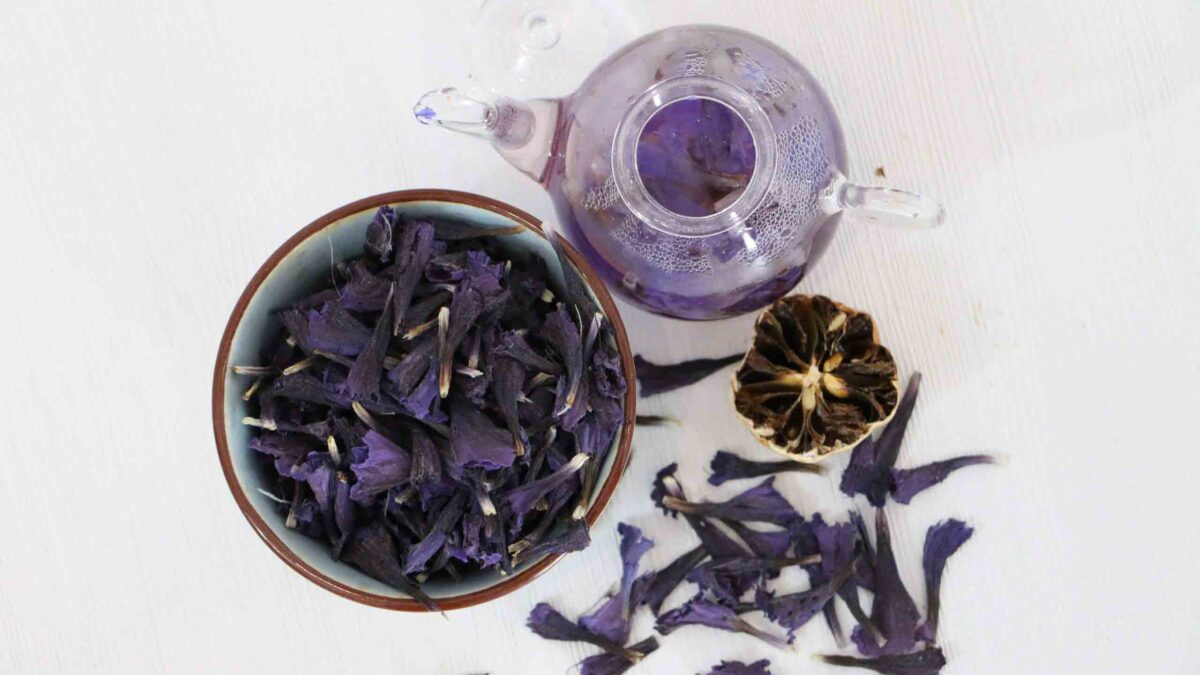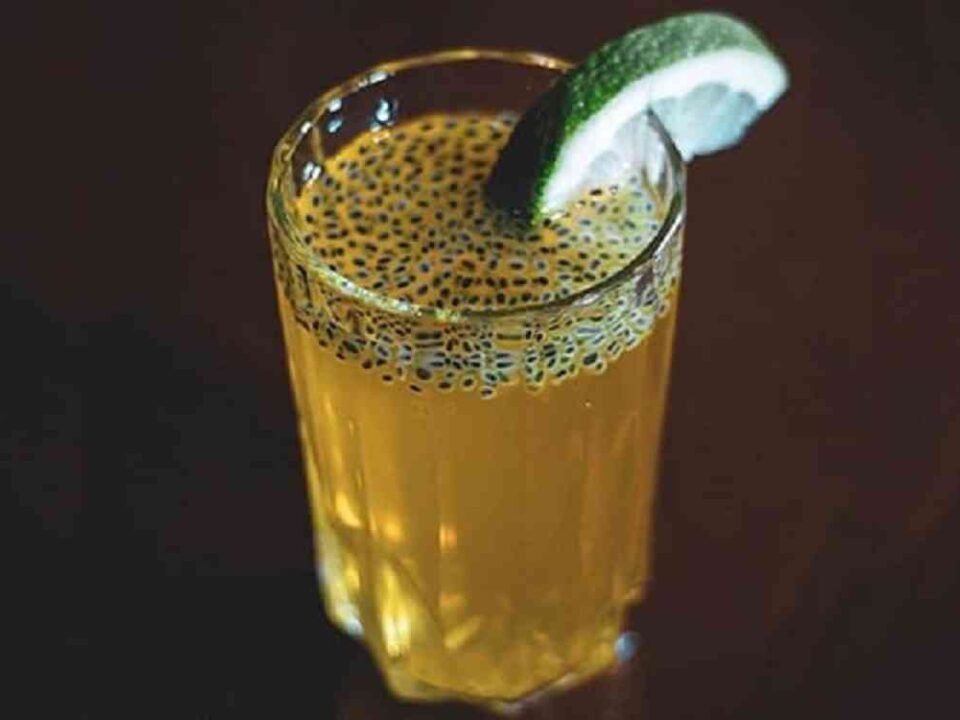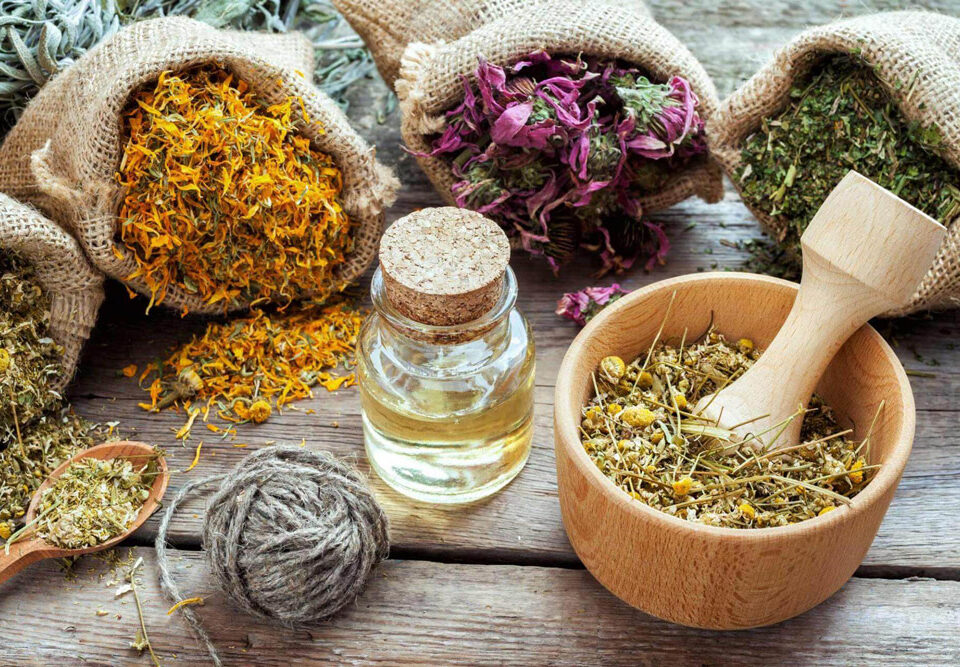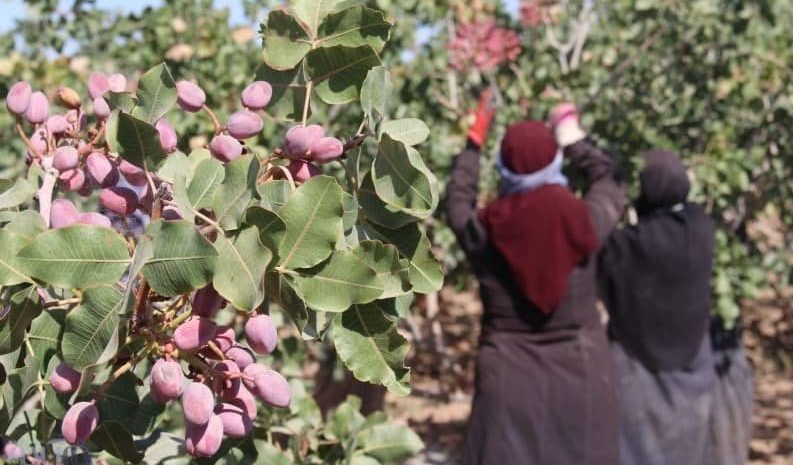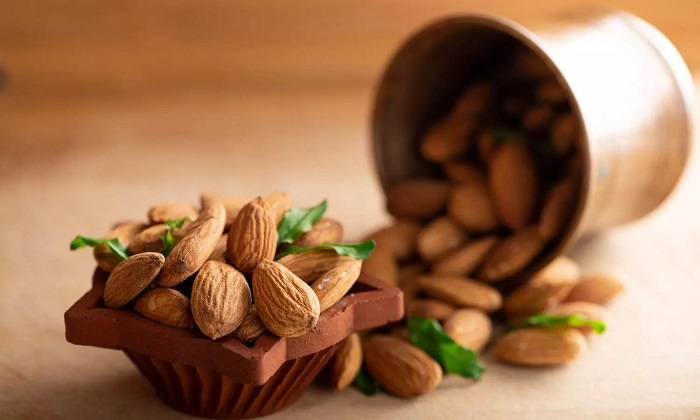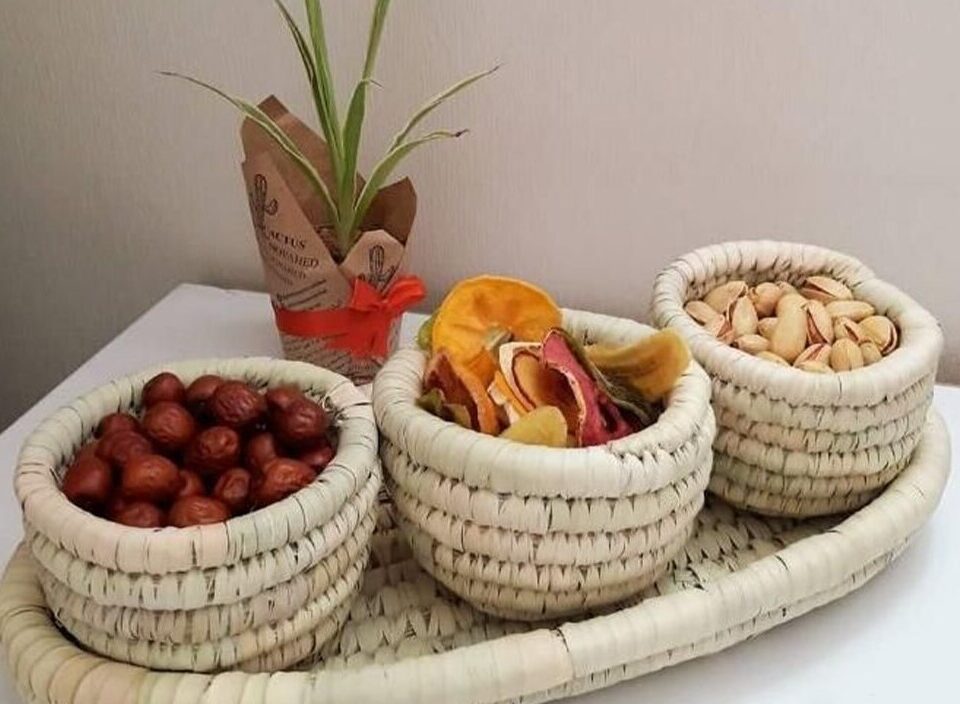
Healthy Iranian Snack Ideas for Kids
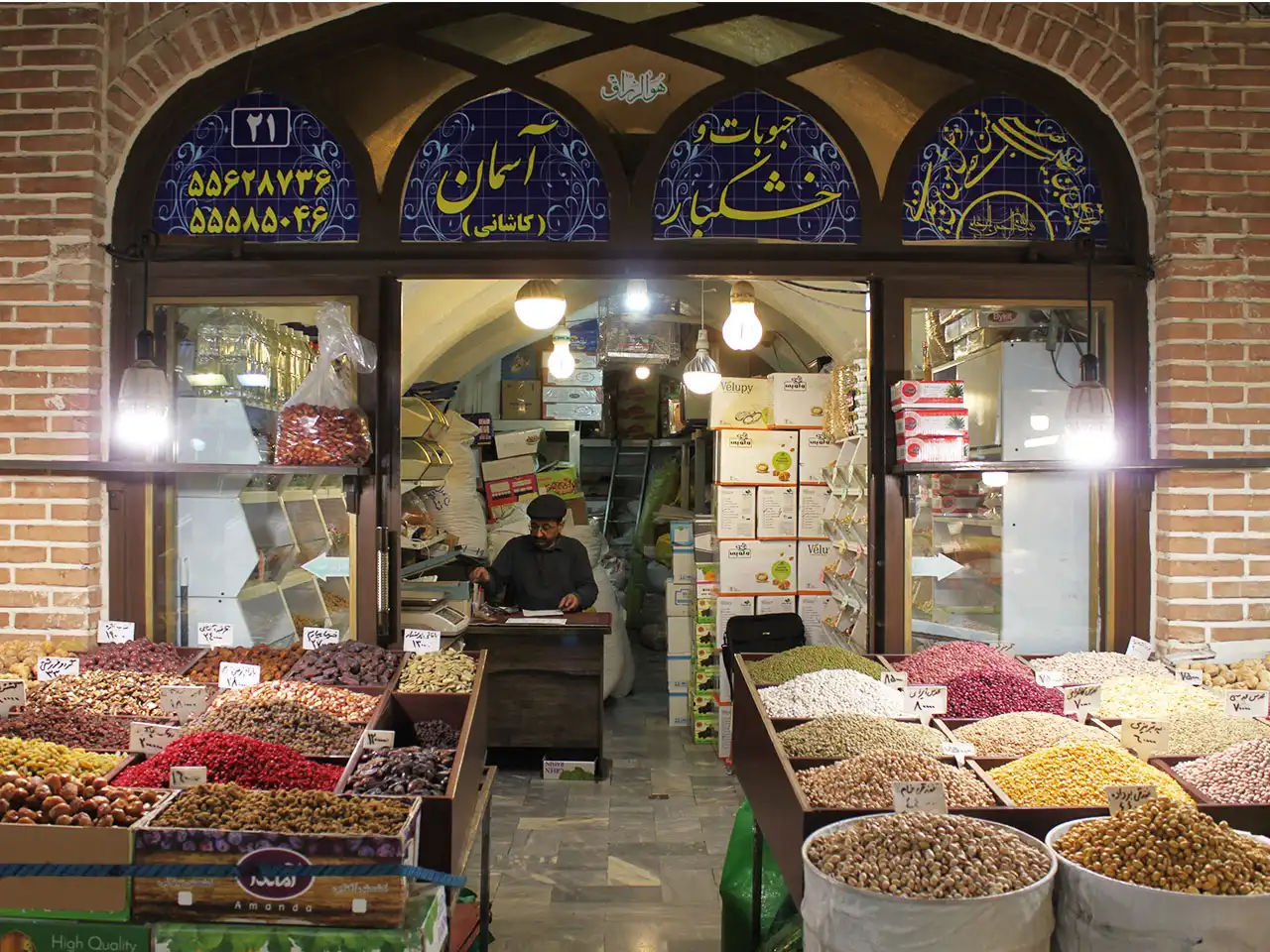
Iran’s Famous Nut Markets
Traditional Iranian Spices Used in Natural Medicine
Iran has a long history of using herbal and medicinal spices to promote health and wellness, a practice deeply rooted in traditional Persian medicine. These spices are known for their healing properties, and they have been used for centuries to treat various ailments, boost immunity, and support overall well-being. Many of these spices are not only culinary staples in Persian cuisine but also have significant roles in natural remedies and herbal medicine.
Here’s a look at some of the most commonly used Iranian herbal and medicinal spices, their traditional uses, and how they contribute to health and healing.
1. Saffron (Zafaran)
Saffron, often referred to as “red gold,” is one of the most prized and expensive spices in the world. In addition to being a key ingredient in Persian cooking, saffron is widely used in traditional medicine for its antioxidant and mood-enhancing properties.
Medicinal Benefits:
- Mood Booster: Saffron is known for its ability to improve mood and relieve symptoms of depression and anxiety. It is believed to help increase levels of serotonin, a hormone that contributes to feelings of well-being.
- Antioxidant Properties: Saffron contains high levels of antioxidants, such as crocin and safranal, which help protect the body from oxidative stress and inflammation.
- Digestive Aid: Saffron has been traditionally used to improve digestion and reduce symptoms of bloating and indigestion.
Traditional Uses:
- Saffron Tea: Saffron threads are steeped in hot water to make a tea that can help improve mood, reduce stress, and support digestion.
- Saffron Milk: Warm milk with a few strands of saffron is consumed to relax the body and promote better sleep.
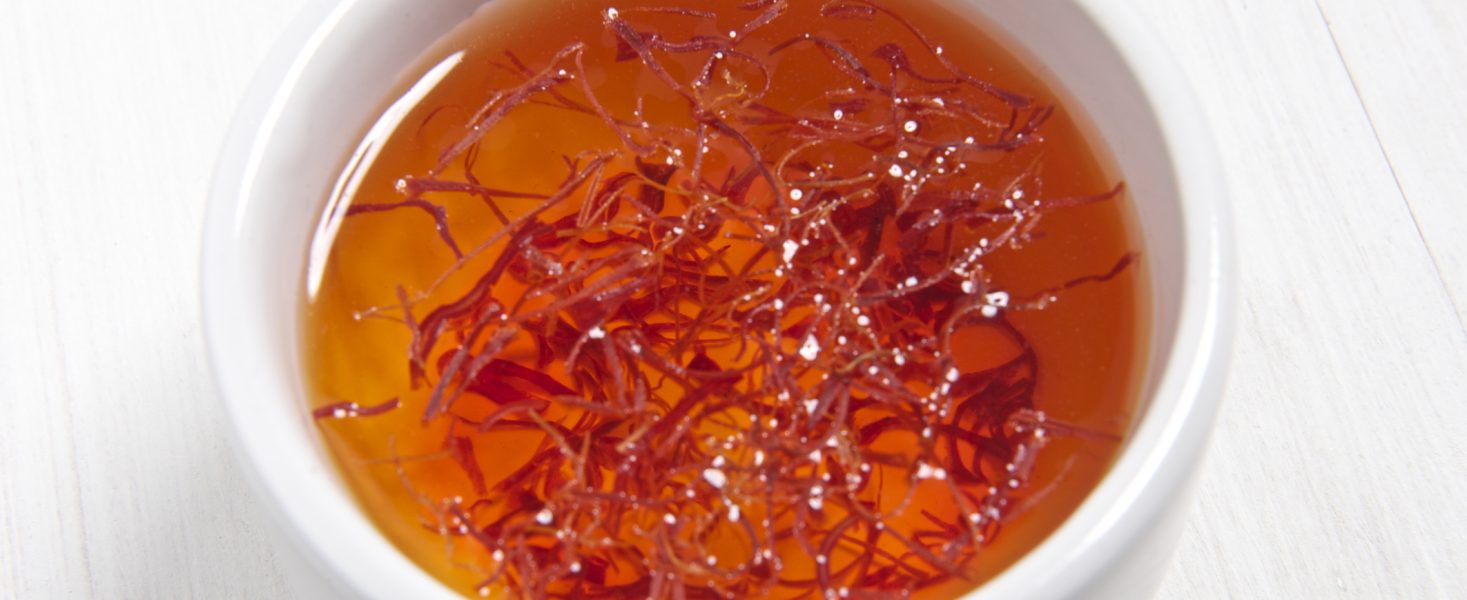
Saffron tea
2. Turmeric (Zardchoobeh)
Turmeric is a golden-yellow spice commonly used in Persian cooking and natural medicine. The active compound in turmeric, curcumin, is known for its powerful anti-inflammatory and antioxidant properties, making it a key spice in traditional healing practices.
Medicinal Benefits:
- Anti-Inflammatory: Turmeric is widely used to reduce inflammation in the body, making it beneficial for treating conditions such as arthritis and joint pain.
- Liver Health: Turmeric is believed to support liver detoxification and improve liver function, making it useful for cleansing the body of toxins.
- Digestive Support: Turmeric aids in digestion by stimulating the production of bile, which helps break down fats and improves overall digestive function.
Traditional Uses:
- Turmeric Milk: Also known as “golden milk,” this remedy involves mixing turmeric with warm milk and a pinch of black pepper to enhance the absorption of curcumin. It is consumed to reduce inflammation, improve digestion, and boost immunity.
- Turmeric Paste: A paste made from turmeric and water can be applied topically to reduce inflammation in the skin, treat wounds, and soothe joint pain.
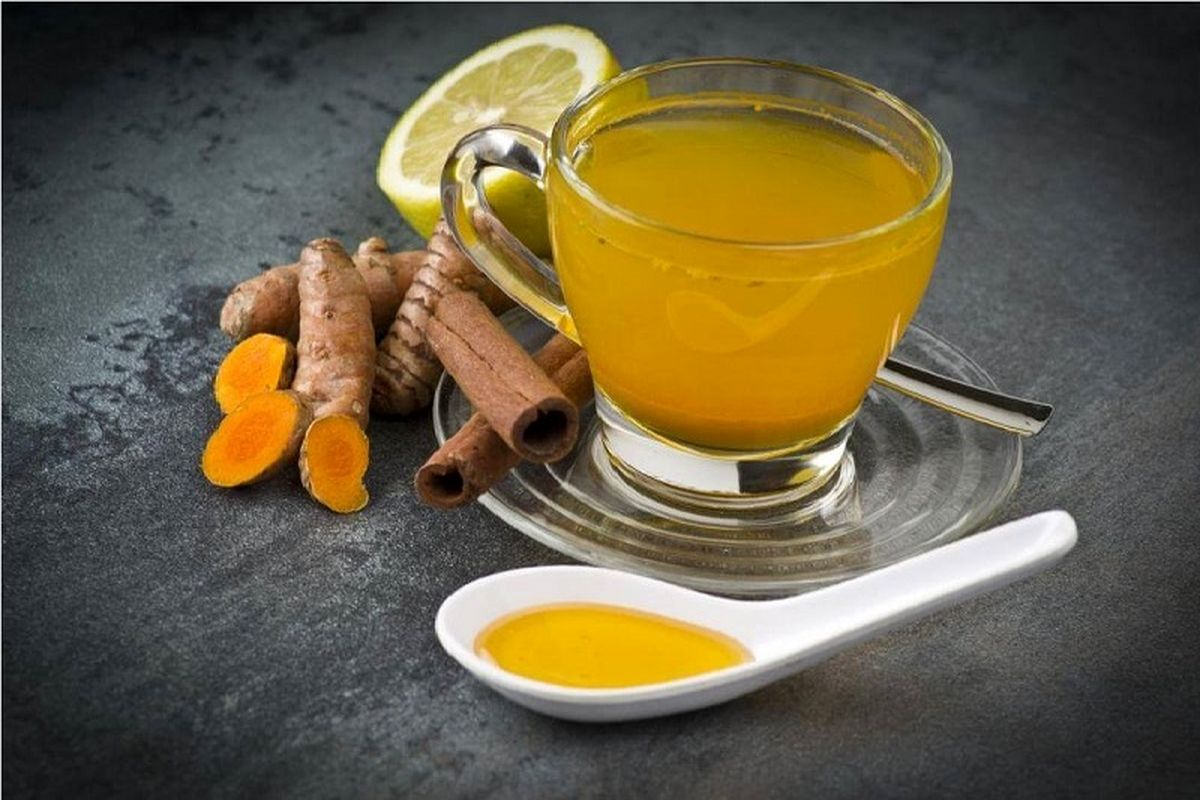
Turmeric Tea
3. Cinnamon (Darchin)
Cinnamon is a popular spice in Persian cooking and is also valued for its medicinal properties. It is known for its ability to regulate blood sugar levels, improve circulation, and boost immune function.
Medicinal Benefits:
- Blood Sugar Regulation: Cinnamon helps improve insulin sensitivity, making it useful for managing blood sugar levels and preventing insulin resistance.
- Anti-Microbial Properties: Cinnamon contains compounds that have antibacterial and antifungal effects, making it effective for fighting infections.
- Circulatory Health: Cinnamon is used to improve blood circulation and promote cardiovascular health.
Traditional Uses:
- Cinnamon Tea: Made by boiling cinnamon sticks in water, cinnamon tea is a traditional remedy for improving digestion, regulating blood sugar, and warming the body.
- Cinnamon and Honey Paste: A mixture of cinnamon and honey is consumed to boost immunity and fight colds and infections.
4. Cardamom (Hel)
Cardamom is a fragrant spice that is commonly used in both savory and sweet Persian dishes. It also has numerous medicinal properties, particularly when it comes to digestive health and respiratory relief.
Medicinal Benefits:
- Digestive Aid: Cardamom is known for its ability to soothe digestive discomfort, reduce bloating, and stimulate the digestive system.
- Respiratory Health: Cardamom has been traditionally used to relieve respiratory conditions, such as asthma, coughs, and bronchitis, due to its ability to open up the airways.
- Detoxification: Cardamom is considered a detoxifying spice that helps cleanse the body and improve liver and kidney function.
Traditional Uses:
- Cardamom Tea: Cardamom pods are steeped in hot water to create a tea that soothes the stomach, improves digestion, and relieves respiratory issues.
- Herbal Remedies: Cardamom is often combined with honey and ginger to treat colds, coughs, and other respiratory ailments.
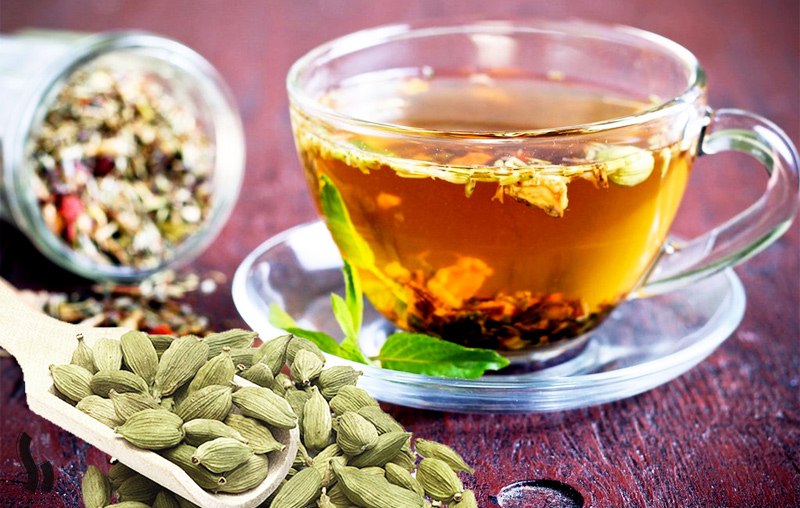
Cardamom Tea
5. Cumin (Zireh)
Cumin is a staple in Persian cuisine and is widely used for its digestive and metabolic benefits. Cumin seeds are rich in compounds that aid digestion, improve metabolism, and support overall health.
Medicinal Benefits:
- Digestive Health: Cumin stimulates the production of digestive enzymes, helping to break down food more efficiently and reduce symptoms of bloating and indigestion.
- Metabolism Booster: Cumin is believed to increase the body’s metabolic rate, making it useful for weight management and improving energy levels.
- Immune Support: Cumin’s antioxidant and antimicrobial properties help strengthen the immune system and protect the body from infections.
Traditional Uses:
- Cumin Tea: A simple tea made from cumin seeds is consumed to relieve digestive issues and boost metabolism. It is often used after meals to promote healthy digestion.
- Cumin Water: Soaking cumin seeds in water overnight and drinking the water in the morning is a traditional remedy for digestive health and detoxification.
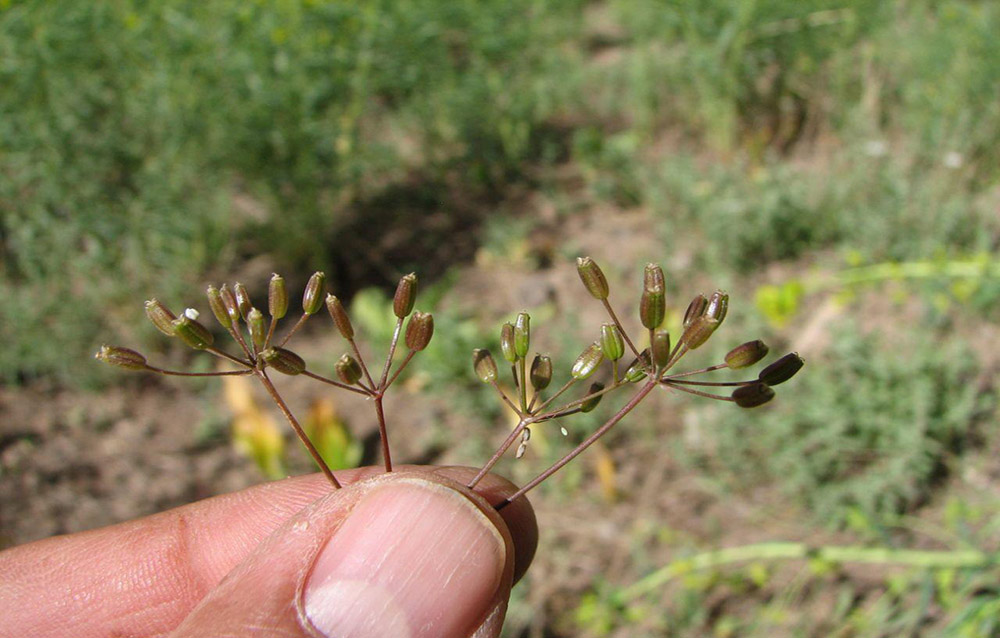
Cumin Plants
6. Mint (Na’na)
Mint is a refreshing herb widely used in Persian cooking and traditional medicine. Known for its cooling and soothing properties, mint is often used to treat digestive issues and improve respiratory health.
Medicinal Benefits:
- Digestive Aid: Mint is commonly used to relieve indigestion, gas, and bloating. It helps relax the muscles of the gastrointestinal tract, making it effective for soothing stomach discomfort.
- Respiratory Relief: Mint’s menthol content helps open up the airways and relieve congestion, making it useful for treating colds and respiratory conditions.
- Headache Relief: The cooling effect of mint is also used to relieve headaches and migraines when applied topically or consumed in teas.
Traditional Uses:
- Mint Tea: Fresh or dried mint leaves are steeped in hot water to make a tea that soothes the stomach, relieves headaches, and helps with respiratory issues.
- Mint Poultice: Mint leaves can be crushed and applied to the forehead to relieve headaches or to the chest to help relieve congestion.
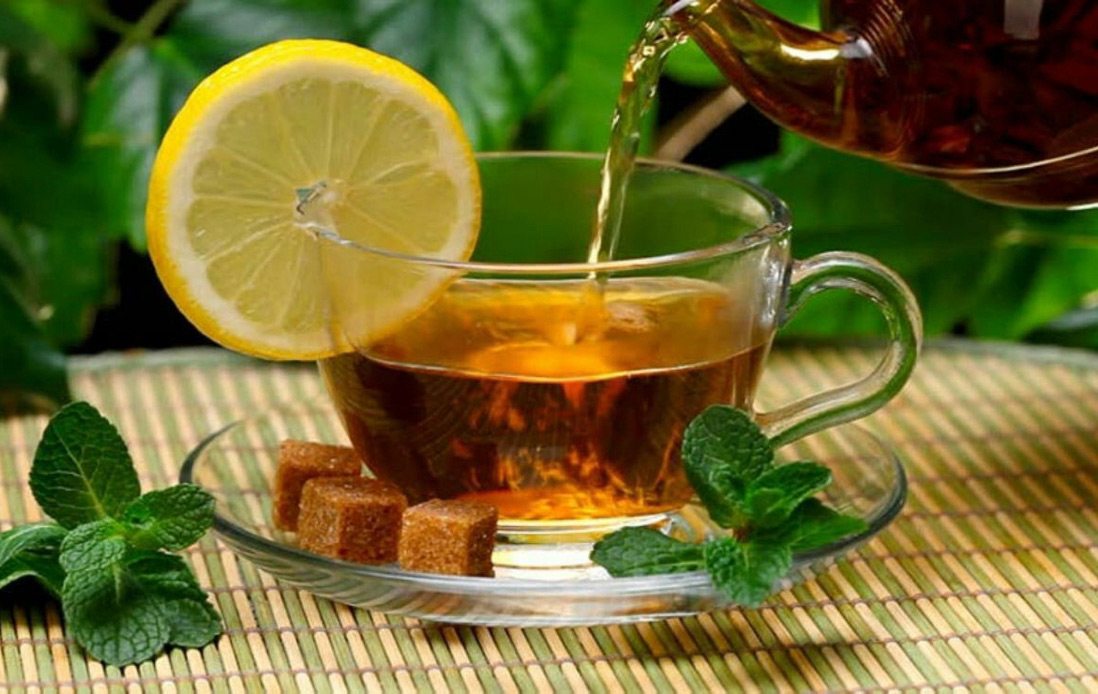
Mint Tea
7. Rose Petals (Gol Mohammadi)
Rose petals, especially from the Damask rose, are widely used in Persian cuisine and traditional medicine. Known for their cooling and calming properties, rose petals are often used to reduce stress and support skin health.
Medicinal Benefits:
- Stress Relief: Rose petals are known for their ability to reduce stress and anxiety, promoting relaxation and emotional well-being.
- Skin Health: Rosewater, made from rose petals, is used to soothe and hydrate the skin, reduce inflammation, and promote a healthy complexion.
- Digestive Aid: Rose petals can also help improve digestion and relieve bloating, as they have mild astringent properties.
Traditional Uses:
- Rosewater: Rose petals are distilled to create rosewater, which is used both internally and externally. It is consumed as a drink to reduce stress and applied to the skin to soothe irritation and inflammation.
- Rose Tea: Dried rose petals are brewed into a tea that promotes relaxation, aids digestion, and supports overall wellness.
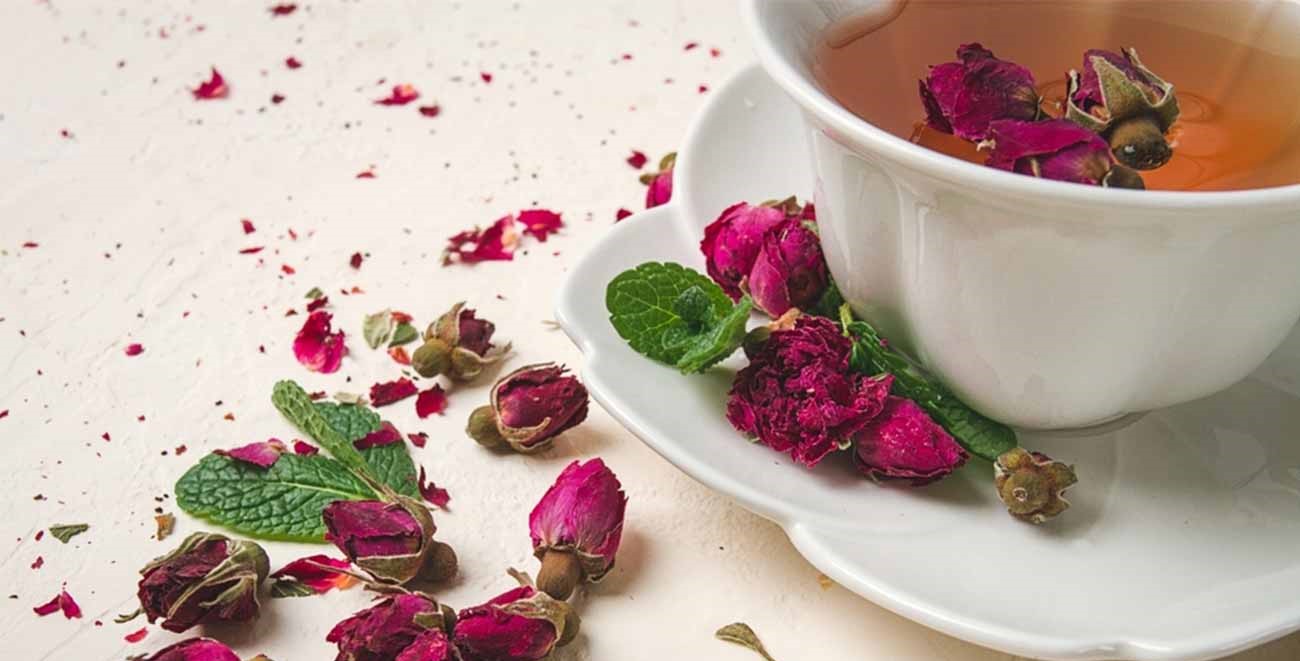
Rose Tea
8. Fenugreek (Shanbalileh)
Fenugreek is a spice and herb that is widely used in Persian cuisine for its strong flavor and medicinal benefits. It is commonly used to support lactation, improve blood sugar levels, and promote digestive health.
Medicinal Benefits:
- Lactation Support: Fenugreek has been traditionally used to increase milk production in breastfeeding mothers.
- Blood Sugar Control: Fenugreek seeds help regulate blood sugar levels, making them beneficial for individuals with diabetes or insulin resistance.
- Digestive Health: Fenugreek aids digestion by reducing inflammation in the gut and promoting healthy bowel movements.
Traditional Uses:
- Fenugreek Tea: Fenugreek seeds are soaked in hot water to create a tea that can improve digestion, support lactation, and regulate blood sugar.
- Fenugreek Paste: A paste made from fenugreek seeds can be applied to the skin to reduce inflammation and soothe skin conditions.
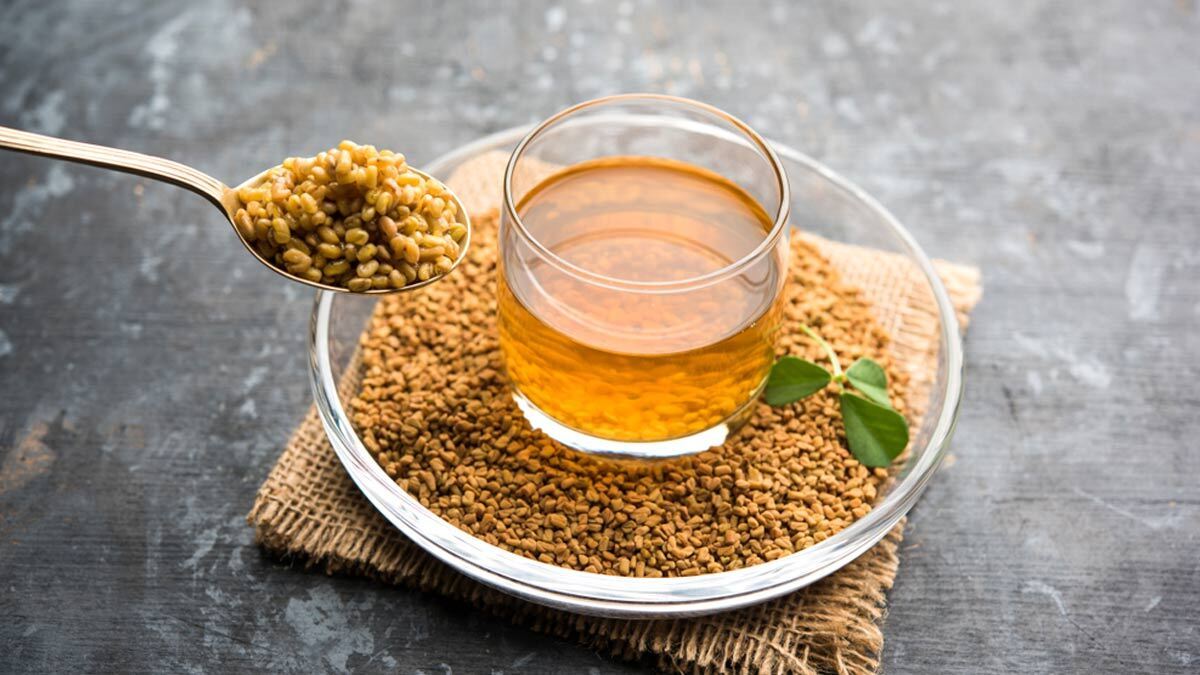
Fenugreek Tea
Conclusion
Iranian herbal and medicinal spices have played an essential role in traditional medicine for centuries. Spices like saffron, turmeric, cardamom, and cumin are not only used to enhance the flavor of dishes but also to promote health and treat various ailments. Whether used to boost digestive health, improve respiratory function, or support mental well-being, these spices continue to be valued for their healing properties and remain an integral part of natural Persian remedies. By incorporating these spices into everyday meals and natural treatments, individuals can experience both their flavorful benefits and their ability to support overall wellness.

